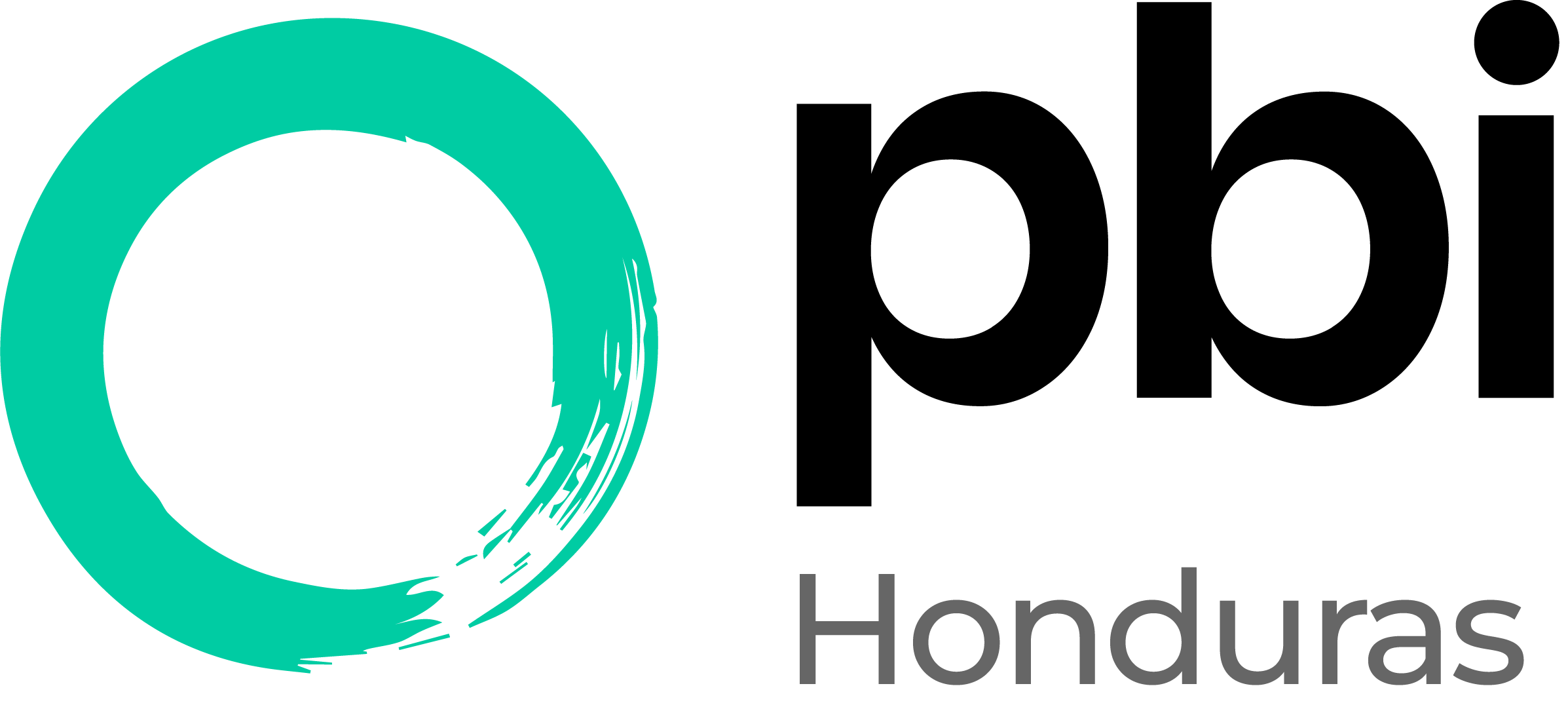PBI Honduras in 2022: accompanying in times of change
The year 2022 was a year of change for Honduras: it was the first time in the country’s history that a woman assumed the presidency. For PBI Honduras, 2022 was also a year of change, but above all a year of growth: we began to accompany the organisations SOMOS CDC and ARCAH and we increased the number of activities carried out compared to 2021.
